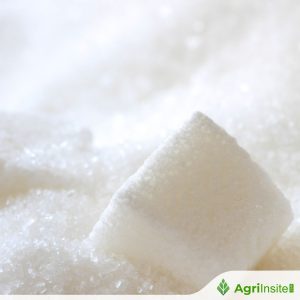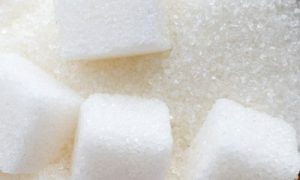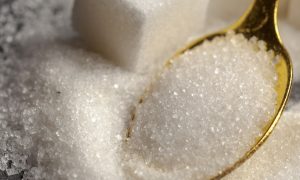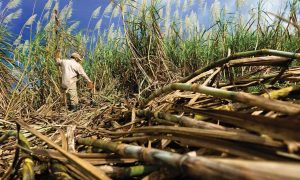South Africa : Sugar industry wants delay on increasing tax crippling the sector

South Africa’s sugar sector is urging the government to extend the moratorium on increasing the health promotion tax until 2030. The tax, introduced in 2018, cost the industry R2 billion and 16,000 jobs in its first year. Sasa warns that without the extension, more farmers may abandon sugarcane farming, while the industry seeks diversification into bioethanol production.
South Africa’s struggling sugar sector is pleading with the government to hold off increasing a health promotion tax on the industry until 2030, when a master plan vital to its recovery and long-term sustainability will be finalised.
The industry has long argued that the sugar tax introduced in 2018 has hurt companies and cost jobs and, in his February 2023 budget, Finance Minister Enoch Godongwana agreed to pause on increasing it, acknowledging the problems the sector was facing, including the effect of floods.
The moratorium — in which Godongwana kept the health promotion levy at 2.21 cents a gram of the sugar content exceeding 4g per 100ml — is set to expire at the next budget review in 2025, but the South African Sugar Association (Sasa) has urged the treasury to extend it by five more years.
The government introduced the tax on sweetened beverages in 2018, in response to the growing public health problem caused by lifestyle diseases.
According to Sasa, the tax cost the industry more than R2 billion and resulted in the loss of 16 000 jobs in its first year of implementation.
The sugar tax has led to the closure of the Darnall and Umzimkulu sugar mills in KwaZulu-Natal, Sasa says. Darnall, owned by Tongaat Hulett, was mothballed in 2020 and Umzimkulu, owned by Illovo Sugar, suffered a similar fate the same year.
If the moratorium on increasing the tax is not extended, “it’s unlikely that farmers will remain in sugarcane because it won’t be worth it because they’ll be making losses”, Sasa executive director Trix Trikam told a media briefing last week.
“There isn’t an alternative crop for farmers to go into. There is nothing else you can do on that land unless someone buys it and develops it for golf courses and resorts. It’s a major disaster looming,” Trikam said.
The association estimates a loss of R720 million a year if the freeze on increasing the tax falls away.
“Any changes to the health promotion levy must consider the outcomes of the socio-economic impact assessment study being undertaken by the presidency and the results of the dietary intake study,” said Sasa’s nutrition manager, Priya Seetal.
In addition to the tax, the sugar industry, which contributes 6% of total agricultural output, has also been hurt by what it says are insufficient tariffs on sugar imports.
In 2018, the International Trade Administration Commission said sugar import duties should be increased from $566 a tonne to $680 a tonne to protect the local industry in the face of a flood of sugar imports mainly from Brazil, the United Arab Emirates and neighbouring eSwatini.
The industry is also looking to diversify from only producing sugar and molasses to pursuing alternate revenue streams, said Sasa’s sustainability manager, Sam Maphumulo. He added that a cost-benefit analysis has been done on the conversion of sugar into bioethanol and biogases.
The analysis found that the sugarcane industry can produce ethanol that contributes 8% of the country’s fuel consumption, but this would require significant investment to develop.
To read more about the news about the Sugar Industry continue reading Agriinsite.com
Source Link : https://mg.co.za/business/2024-09-30-sugar-industry-wants-delay-on-increasing-tax-crippling-the-sector/
















